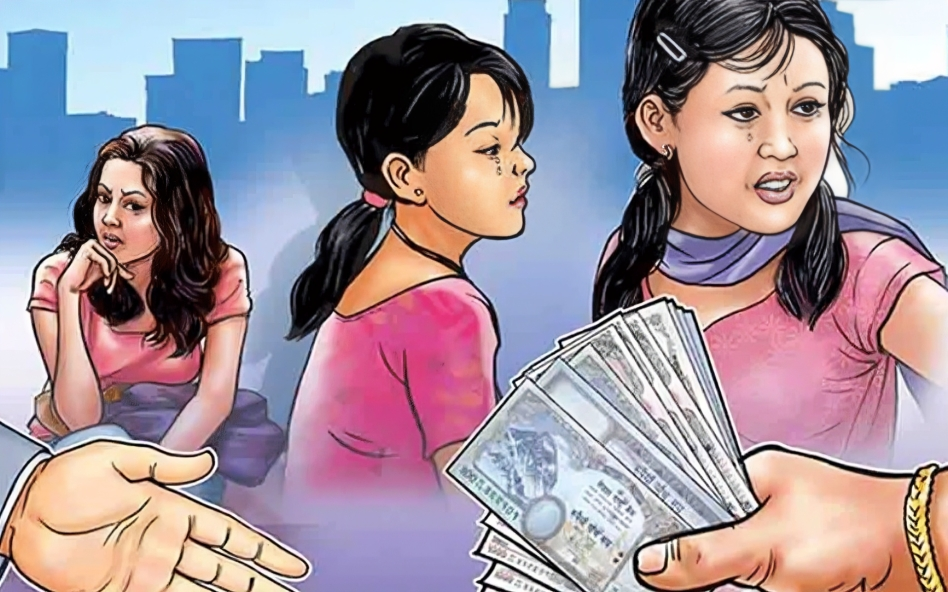
Trafficking in Women
The Human Rights Council of India (HRCI) plays a vital role in combating trafficking in women, focusing on prevention, protection, and prosecution. Here’s how the HRCI contributes to this crucial issue:
Advocacy and Awareness
The HRCI advocates for stronger legal frameworks and policies to combat trafficking in women. The council raises public awareness about the issue through campaigns, seminars, and media outreach. By highlighting the severity and prevalence of trafficking, the HRCI educates communities about the signs of trafficking and the importance of reporting suspected cases. This advocacy work helps mobilize public support and pressures authorities to take more decisive action against traffickers.
Policy Recommendations and Reform
The HRCI actively engages in policy development to enhance anti-trafficking measures. The council conducts research and provides recommendations for improving existing laws and creating new regulations to address trafficking more effectively. This includes advocating for better victim protection, more stringent penalties for traffickers, and improved coordination among law enforcement agencies. The council's recommendations aim to close legal loopholes and ensure a comprehensive approach to tackling trafficking.
Monitoring and Reporting
The HRCI monitors the implementation of anti-trafficking laws and the effectiveness of related programs. By investigating and reporting on the performance of law enforcement agencies and support services, the council ensures that they are meeting their obligations and addressing trafficking effectively. The HRCI's reports often highlight gaps in enforcement, victim support, and inter-agency coordination, providing a basis for further action and improvement.
Support for Victims
The HRCI provides support services for survivors of trafficking. This includes offering legal assistance, psychological counseling, and social reintegration support. The council works with NGOs and other organizations to ensure that victims receive the help they need to recover and rebuild their lives. By focusing on victim support, the HRCI helps ensure that survivors are treated with dignity and given opportunities for a fresh start.
Training and Capacity Building
The HRCI conducts training programs for law enforcement officials, judicial personnel, and social workers to improve their understanding of trafficking and their ability to address it effectively. These training sessions cover topics such as identifying trafficking cases, victim assistance, and the application of anti-trafficking laws. By enhancing the skills and knowledge of those involved in combating trafficking, the HRCI helps build a more effective response to this crime.
Collaboration with Stakeholders
The council collaborates with various stakeholders, including government agencies, international organizations, and civil society groups, to strengthen anti-trafficking efforts. By fostering partnerships and coordinating actions, the HRCI helps ensure a unified and comprehensive approach to tackling trafficking in women.
In summary, the Human Rights Council of India contributes to stopping trafficking in women through advocacy, policy recommendations, monitoring, victim support, training, and collaboration. These efforts work together to create a more effective and compassionate response to trafficking, aiming to protect women and bring traffickers to justice.
